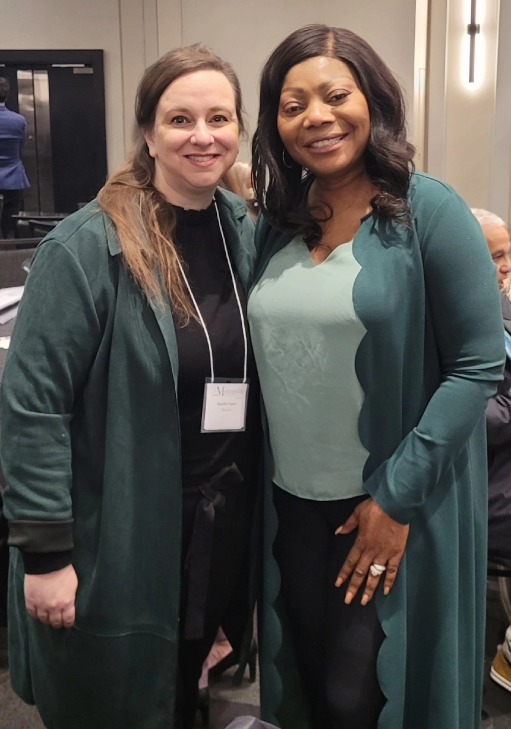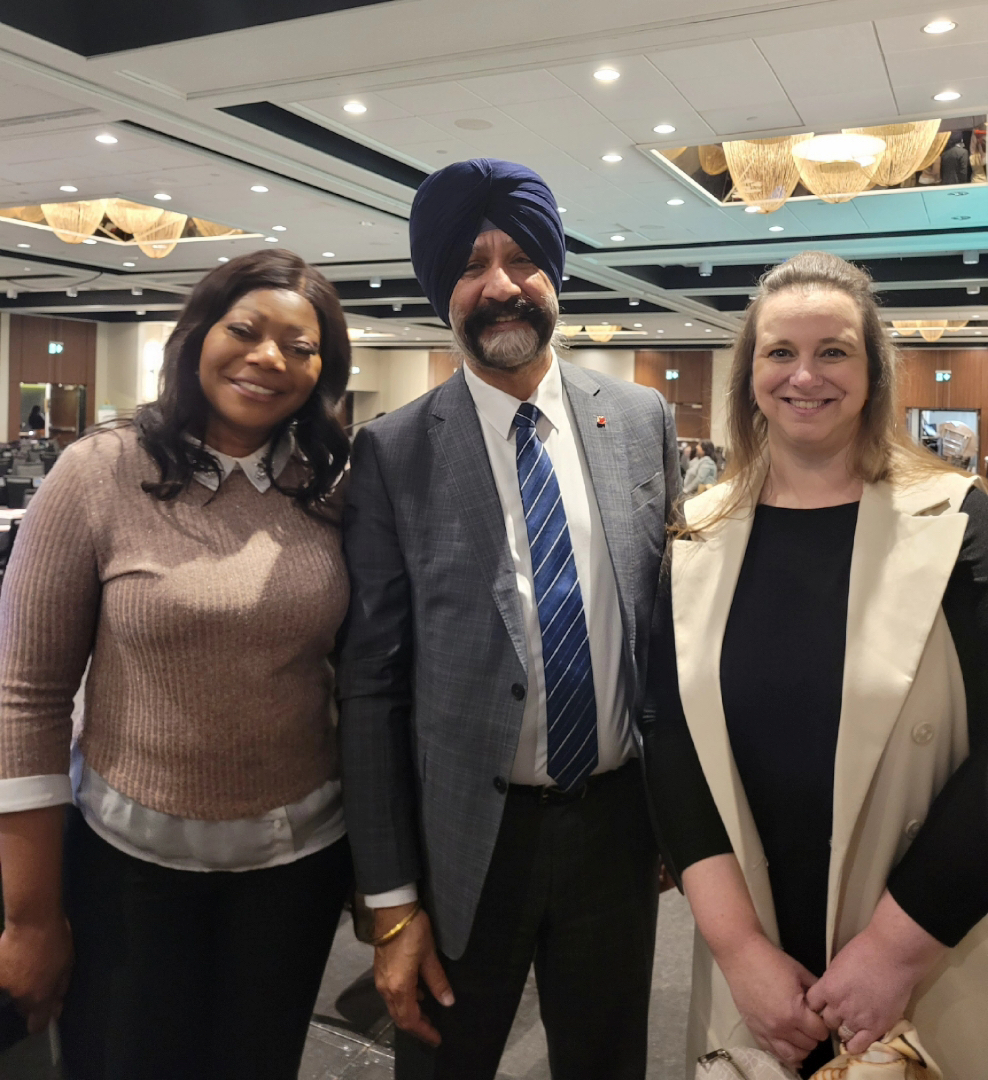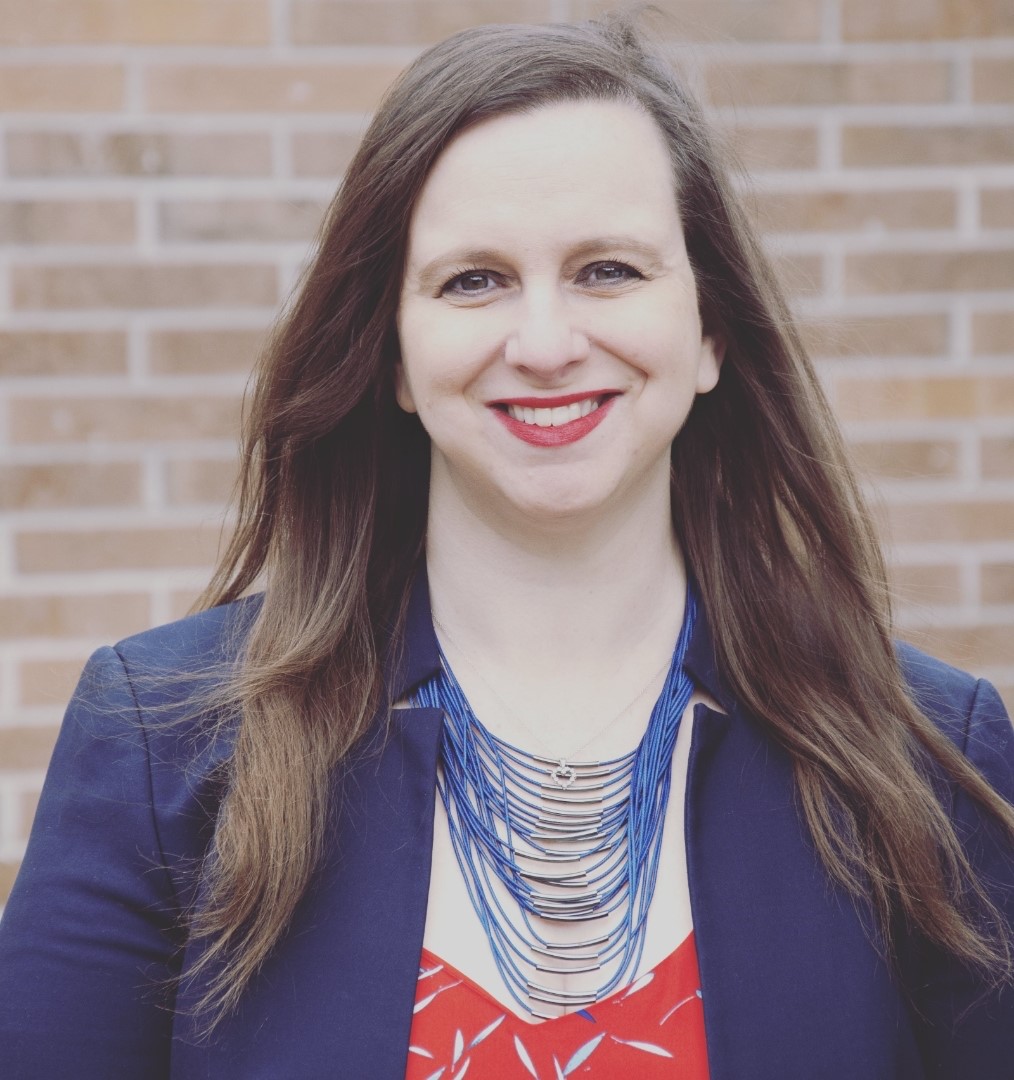
The Way Forward: “I think it’s time we embrace this reality”
On March 13-15, 2024, over 1000 delegates joined Metropolis Canada’s 26th annual conference in Montreal, Québec. Managers of CWICE, Liz Okai and Danielle Ungara, attended the conference along with participants from Canada, the United States, and beyond. This year’s theme was Our Immigration System: The Way Forward.

Mr. Ambassador Robert Rae, Canada’s Permanent Ambassador to the United Nations, joined virtually to open the conference’s first morning. Ambassador Rae spoke eloquently about our experience with migration in Canada and what is needed moving forward, acknowledging globalization and the need for our continued solidarity with nations around the world.
“This is our country.
Our country is in the world.
The world is in us.
I think it’s time we embrace this reality.”
-Bob Rae
Throughout the subsequent three days we heard from knowledgeable keynote speakers, panelists, and workshop facilitators. Several themes emerged resonating with Ambassador Rae’s opening remarks, including reflections on this moment of time in history. For example, it was shared that there are currently over 300 million people on the move globally. More than 100 million people on the move have been displaced due to conflict, climate change, and political instability.
Through our work focused on children and youth and intersecting immigration, settlement or border-related issues, we understand the impact of these numbers when one considers children. Today, there are an estimated 50 million children on the move worldwide. This number of children is larger than the total number of people of all ages residing in Canada today.
Conference presenters included policy and legislative decision makers, government and non-government staff, those in academia and research, as well as those in services from immigration, to settlement, education, technology etc. Speakers often spoke about the anticipated future-state of migration. For example, it was shared, by 2030 there will be 9 million international students worldwide.
During the conference, we had the privilege of meeting influential advocates and policy decision makers. For us, these conversations were an opportunity to make visible the issues facing children and youth, and their families, today. We are encouraged by the discourse regarding shifting narratives to those of inclusion and centering the lived experiences and voices of those migrating.

We were especially pleased to meet Dr. Harpreet S. Kocchar, appointed as Canada’s Deputy Minister of Immigration, Refugees, Citizenship Canada. During his speech, he shared the landscape in Canada has changed in the last 5 years with pressures to global immigration protection systems requiring more international cooperation. Minister Kocchar also acknowledged that housing and healthcare issues exist within Canada. He discussed various ways immigrants are part of the solution, not cause, of these issues in Canada. Minister Kocchar provided an update on IRCC’s report, and plan for the future. They intend to create a more welcoming Canada that includes coordinated labour plans, crisis frameworks to respond better to global crises, and they are creating a Global Incident Response Team. Minister Kocchar also highlighted the importance of international cooperation including the global refugees sponsorship initiative, and an ongoing commitment to anti-racism approaches across the sector.
Several speakers highlighted other trends, and solutions that can be learned, especially from the global South. Many countries were acknowledged as Champion Countries by the UN, due to the strategies developed. An example is Honduras, which has internal displacement due to natural disasters and is considered a transitory country for international migrants. For example, last year, Honduras managed over 100,000 internally displaced people while experiencing the transitory migration of over 600,000+ people.
It is always in these spaces of shared knowledge and learning that better outcomes happen for individuals and families. We are grateful for the opportunity to attend the conference, understand the international landscape more fully, so we are best positioned to support those who seek our services in CWICE. We wish to thank Peel Children's Aid Foundation and donors for support in funding this opportunity to participate in the conference.
About the author:
 Danielle Ungara, RSW (she/her, grateful to be on Treaty 13 land) co-manages the Child Welfare Immigration Centre of Excellence (CWICE) at Peel CAS. Danielle believes in furthering social justice outcomes, and equity, through service excellence and research.
Danielle Ungara, RSW (she/her, grateful to be on Treaty 13 land) co-manages the Child Welfare Immigration Centre of Excellence (CWICE) at Peel CAS. Danielle believes in furthering social justice outcomes, and equity, through service excellence and research.
